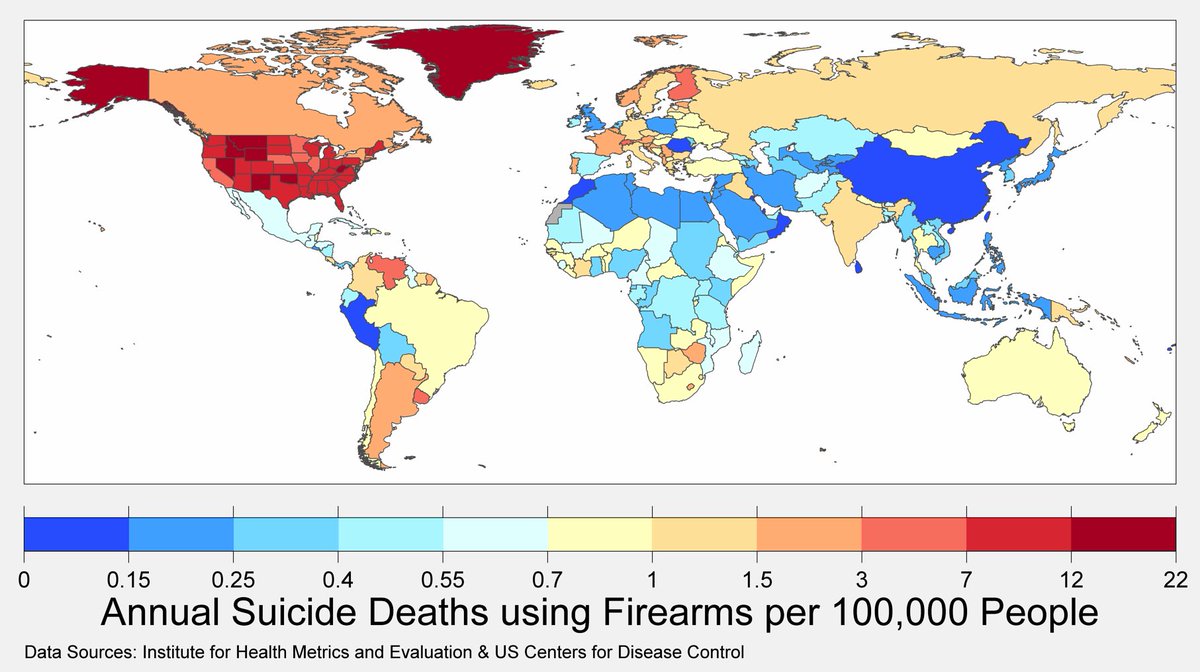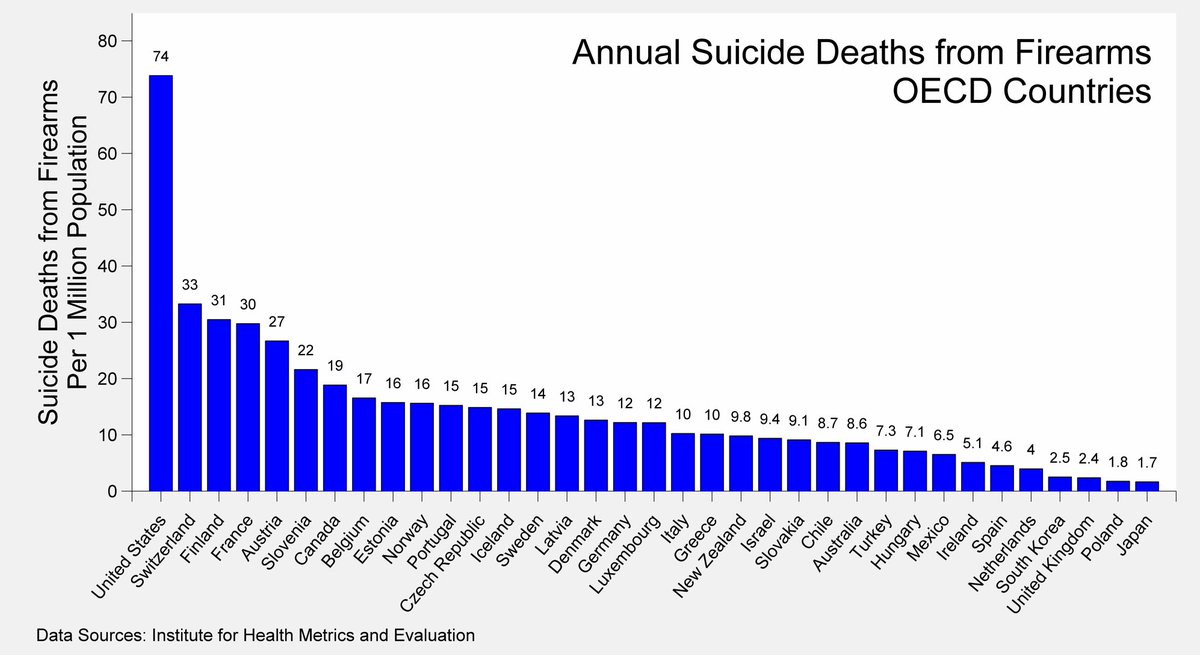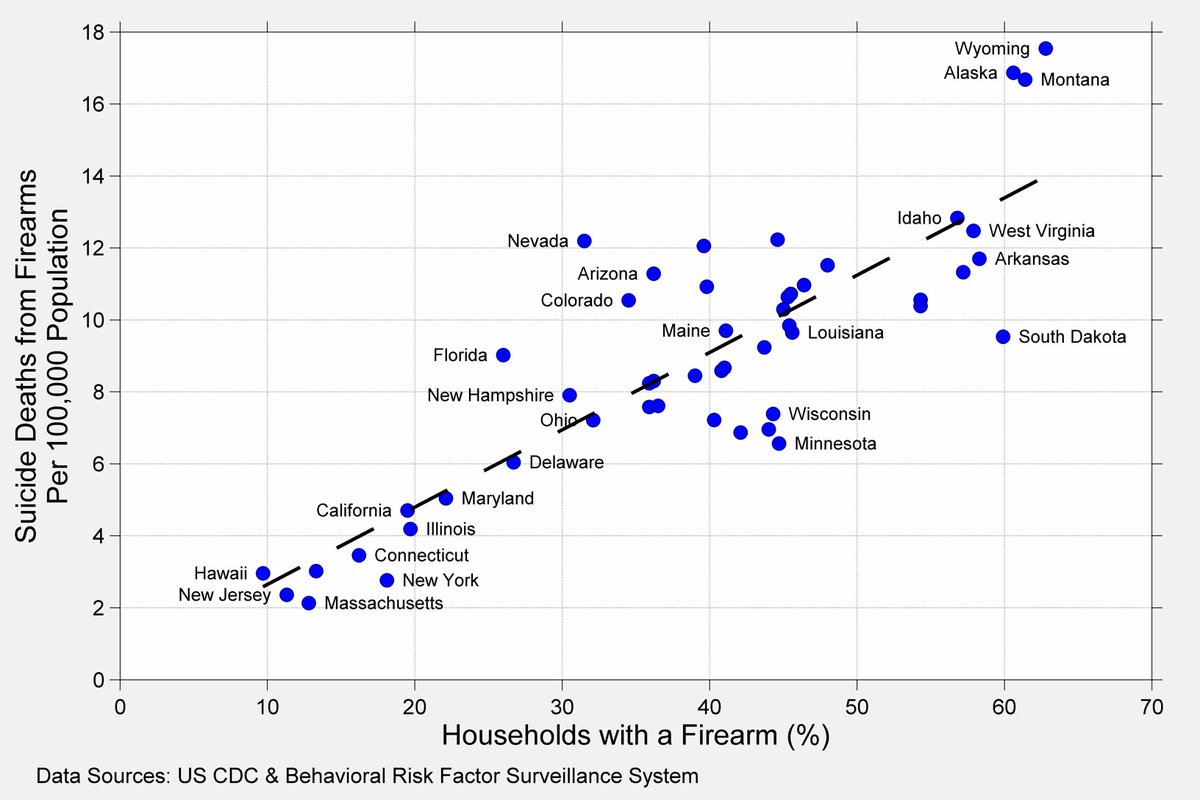THREAD) How famous do you have to be to get a place in @Wikipedia?
Sometimes, you have to win a Nobel Prize.
This is a thread looking at all the scientists who have been added to Wikipedia since 2007, but only after having been awarded a #NobelPrize. 1/
Sometimes, you have to win a Nobel Prize.
This is a thread looking at all the scientists who have been added to Wikipedia since 2007, but only after having been awarded a #NobelPrize. 1/
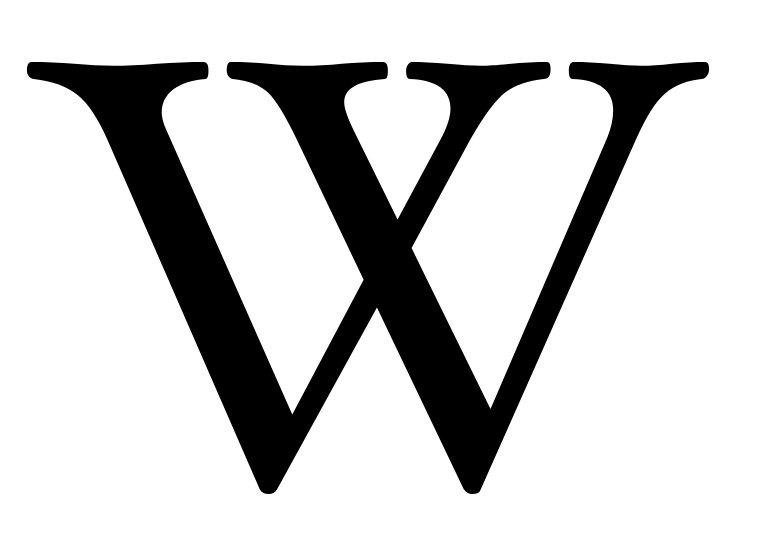
The English Wikipedia is an amazing resource, but its coverage of scientists can be a bit haphazard and at times misses many important figures.
(This is in contrast to athletes, who are pretty much guaranteed to have an article if they have ever appeared professionally.) 2/
(This is in contrast to athletes, who are pretty much guaranteed to have an article if they have ever appeared professionally.) 2/
This particular thread was inspired by Professor Donna Strickland, one of this year's Physics Nobel Laureates. At the time she won the Nobel, she not only didn't have an article in Wikipedia, but previously she had a proposed article rejected. 3/
qz.com/1410909/wikipe…
qz.com/1410909/wikipe…
Prof. Strickland shared the 2018 Physics prize for pioneering work in the development of ultrafast pulsed lasers capable of reaching power levels orders of magnitude higher than previous systems. She's also the first female Physics winner since 1963. 4/
en.wikipedia.org/wiki/Donna_Str…
en.wikipedia.org/wiki/Donna_Str…
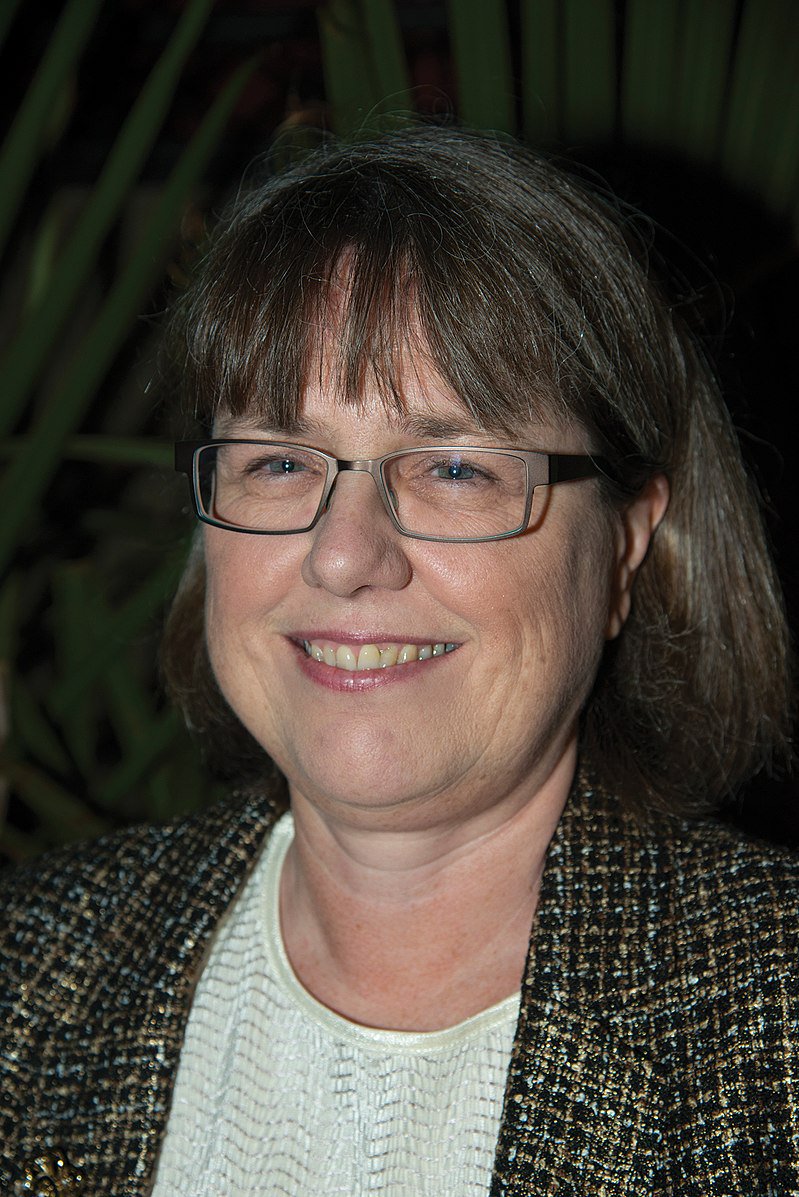
Of the 30 Physics Nobel Laureates since 2007, 2 others share the distinction of not having had a Wikipedia page before their Nobel Prize, Takaaki Kajita in 2015 and Hiroshi Amano in 2014. 5/
Professor Hiroshi Amano shared the Nobel Prize for the invention of blue light emitting diodes. His work led the way for the development of full color LED displays and high-efficiency white LED lamps that are now ubiquitous. 6/
en.wikipedia.org/wiki/Hiroshi_A…
en.wikipedia.org/wiki/Hiroshi_A…
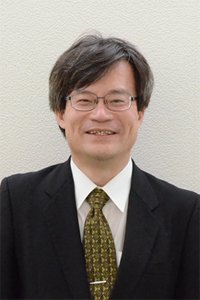
Professor Takaaki Kajita shared the Nobel Prize for the discovery of neutrino oscillations and proving that neutrinos have mass. 7/
en.wikipedia.org/wiki/Takaaki_K…
en.wikipedia.org/wiki/Takaaki_K…
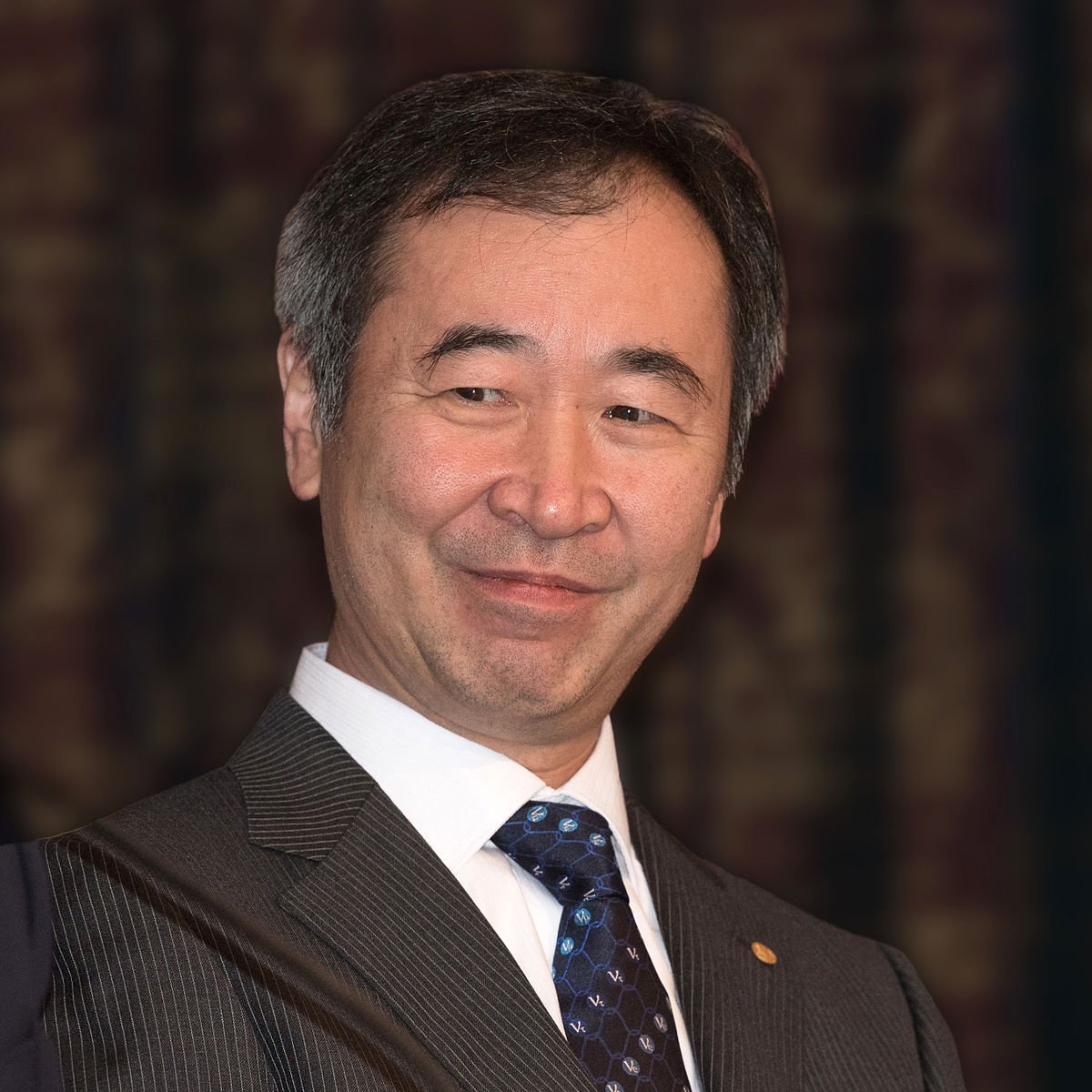
Turning to Chemistry, 31 people have been awarded a Nobel Prize in Chemistry since 2007. Of these, 6(!) were awarded the Prize prior to having had a Wikipedia article created for them. 8/
Included in this group is Professor George Smith who shared this year's Chemistry Prize for developing phage displays, an analytic technique for studying protein interactions. Wikipedia still has no photo of Prof. Smith. 9/
en.wikipedia.org/wiki/George_Sm…
en.wikipedia.org/wiki/George_Sm…
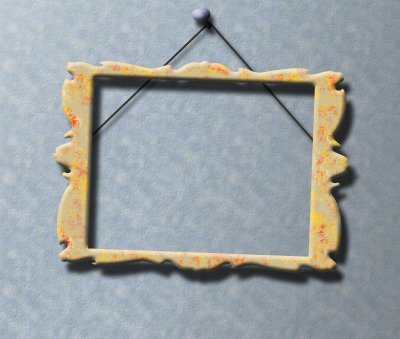
Professor Jacques Dubochet shared the 2017 Chemistry Nobel for developing the techniques of cryo-electron microscopy, allowing individual molecules to be imaged and characterized. 10/
en.wikipedia.org/wiki/Jacques_D…
en.wikipedia.org/wiki/Jacques_D…
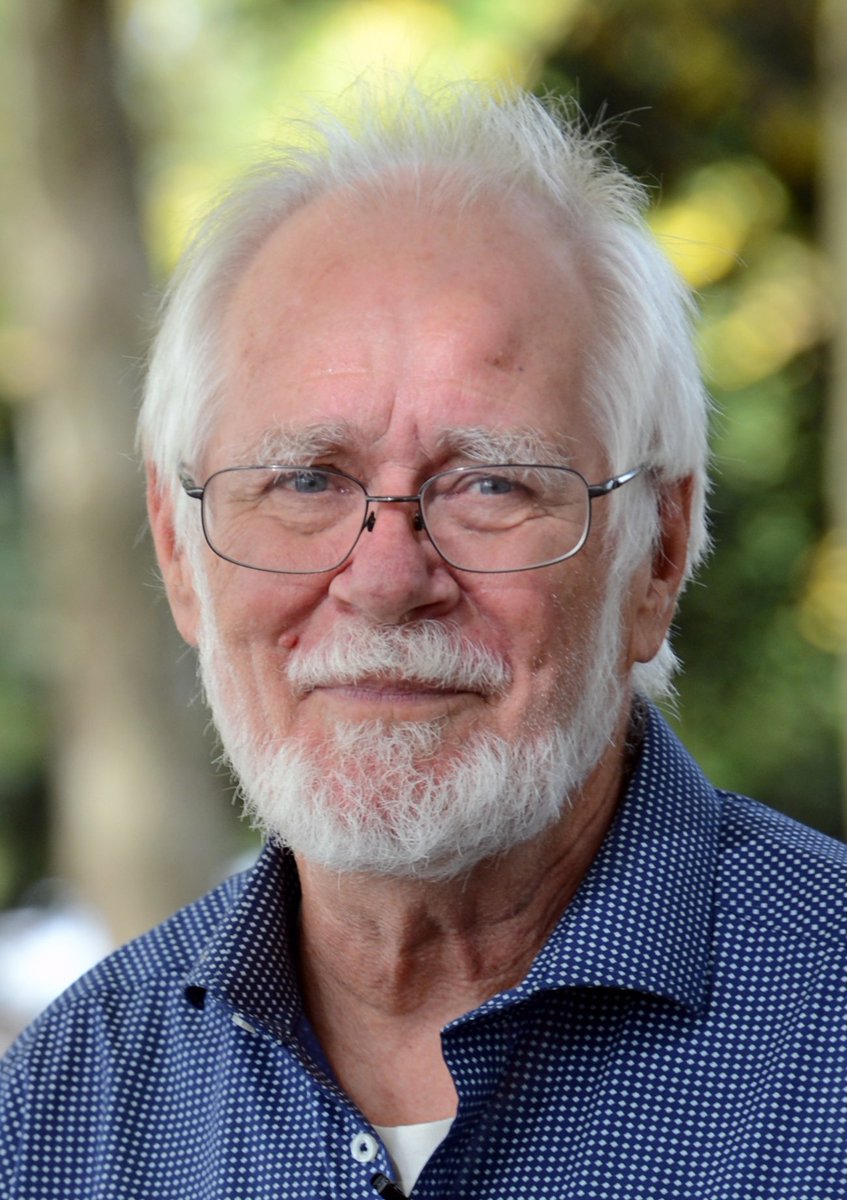
Professor Eric Betzig shared the 2014 Nobel Prize for developing super-resolved fluorescent microscopy, allowing techniques for optical microscopy to achieve greater resolution than previously thought possible. 11/
en.wikipedia.org/wiki/Eric_Betz…
en.wikipedia.org/wiki/Eric_Betz…
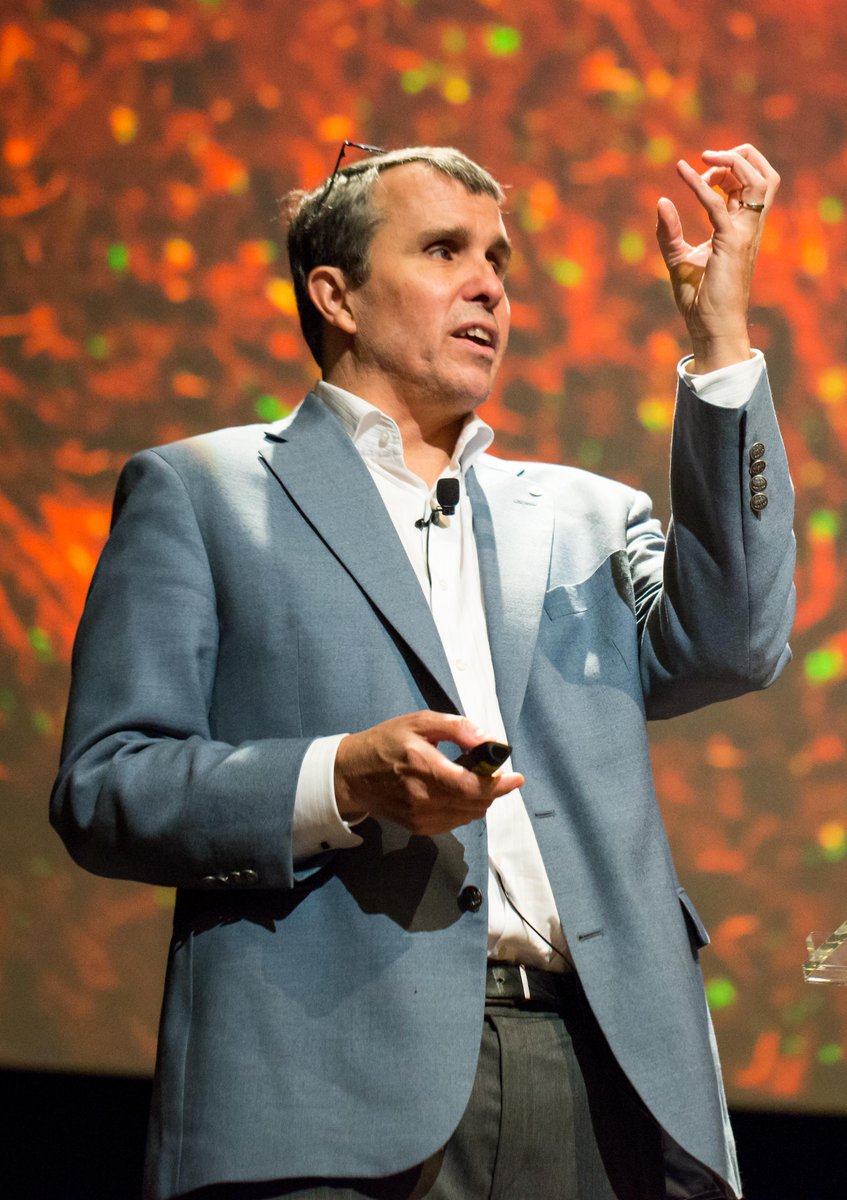
Professor Thomas A. Steitz shared the 2009 Nobel Prize for helping discover the structure and mechanisms by which the ribosome turns mRNA into proteins. 12/
en.wikipedia.org/wiki/Thomas_A.…
en.wikipedia.org/wiki/Thomas_A.…
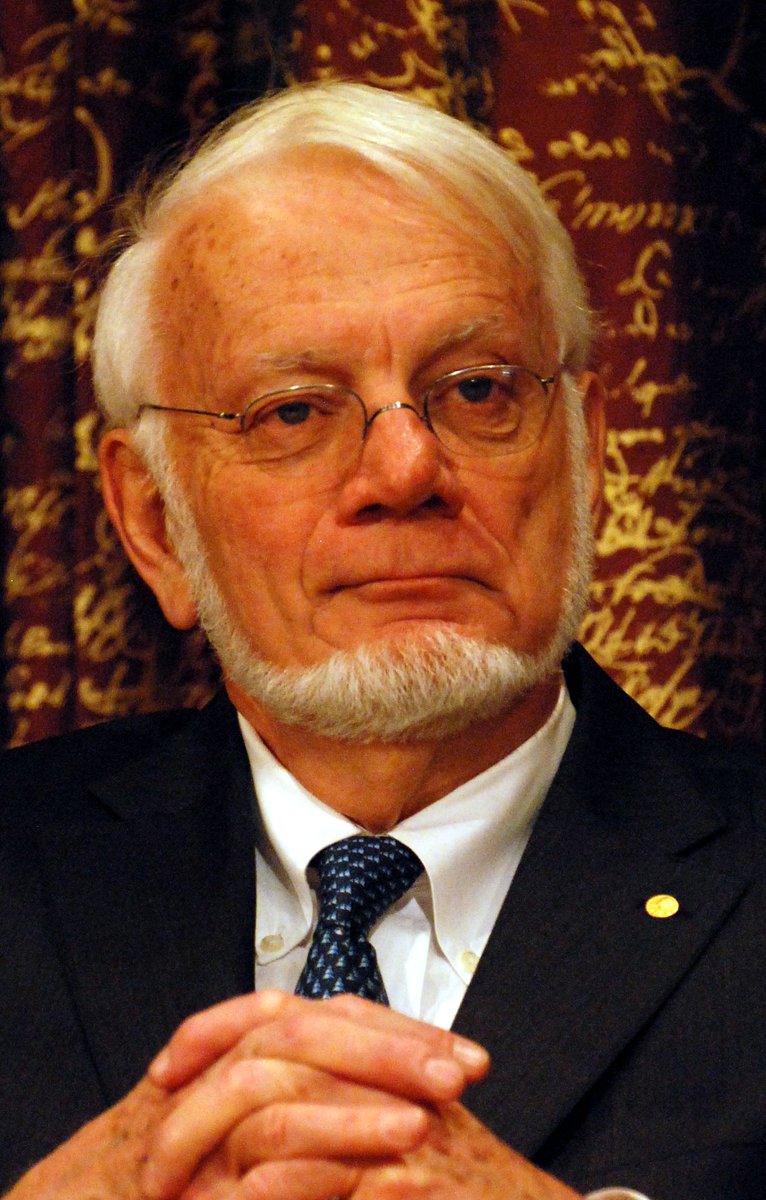
Professor Martin Chalfie shared 2008 Nobel Prize for the discovery and development of green fluorescent protein, a now ubiquitous tool for biological research. 13/
en.wikipedia.org/wiki/Martin_Ch…
en.wikipedia.org/wiki/Martin_Ch…
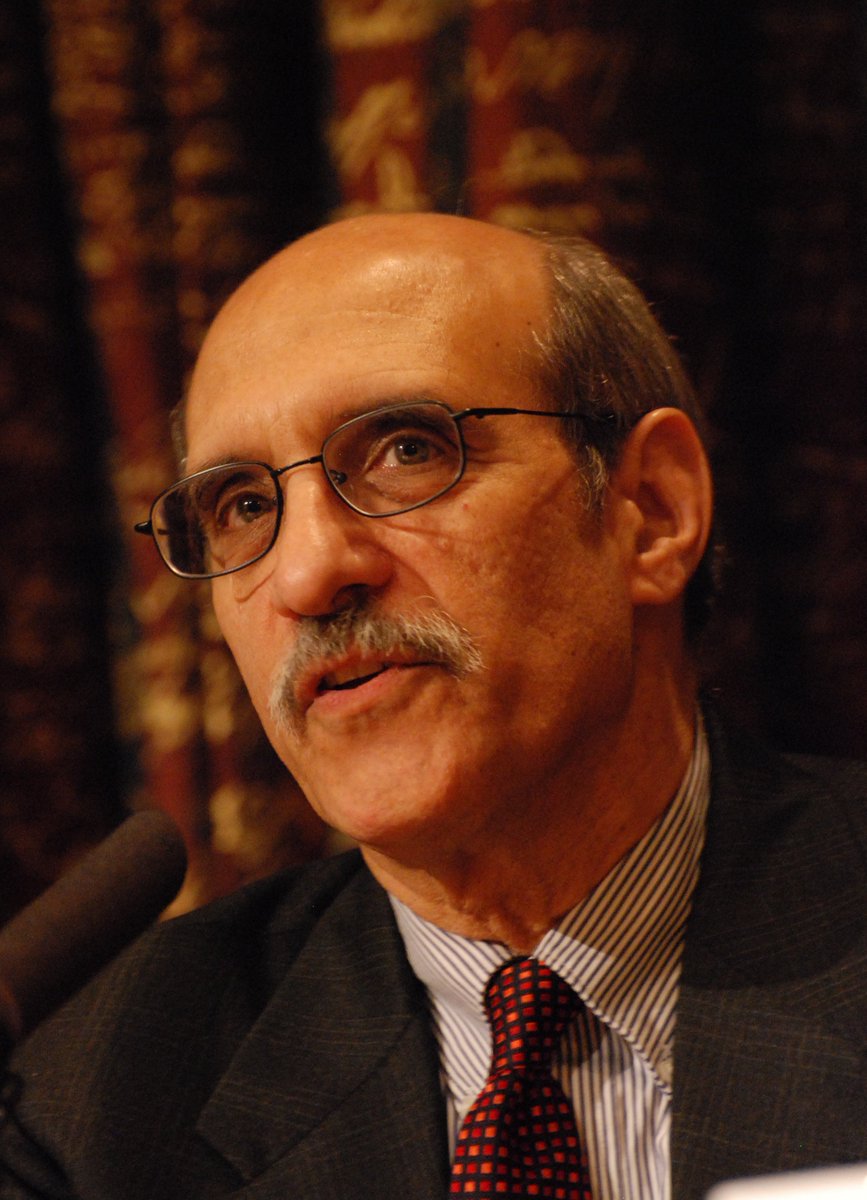
Professor Osamu Shimomura also shared the 2008 Nobel Prize for green fluorescent protein. 14/
en.wikipedia.org/wiki/Osamu_Shi…
en.wikipedia.org/wiki/Osamu_Shi…
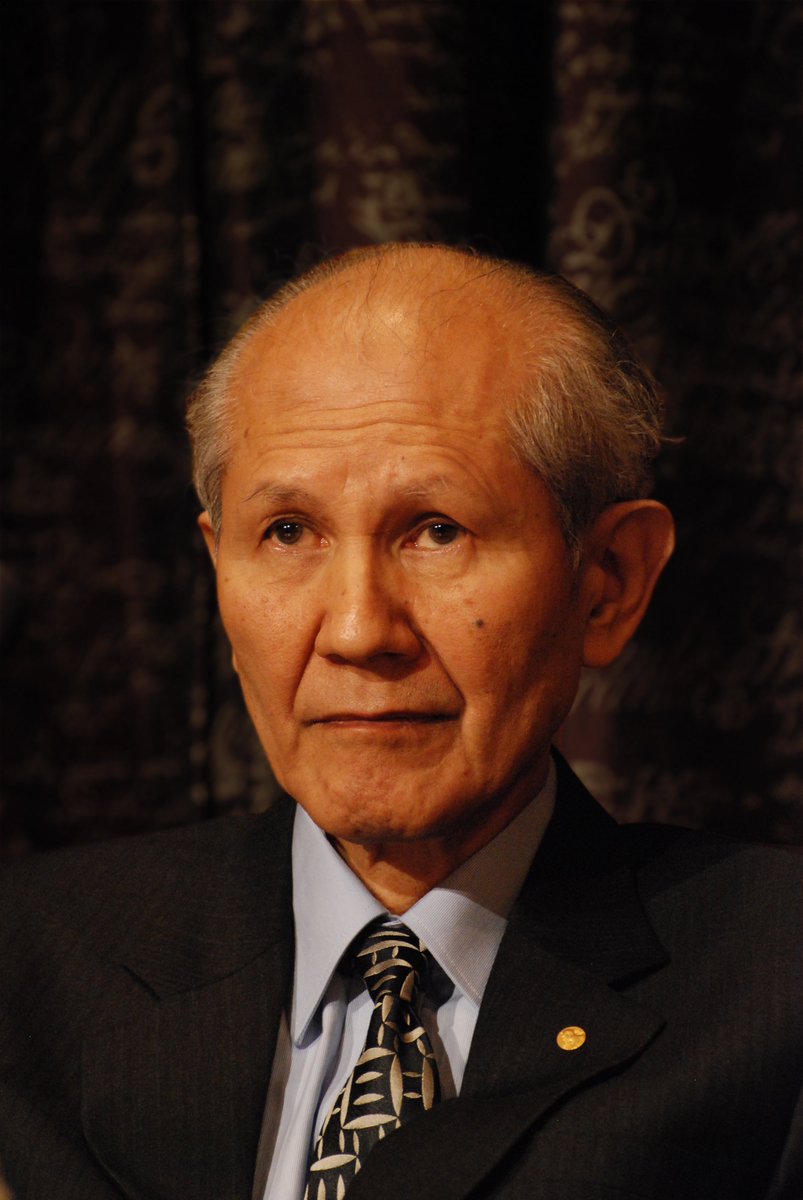
Turning to the prizes in Physiology or Medicine, 30 people have shared a prize in this category since 2007. Of these, there are 3 more scientists who received the honor of a Nobel before having anyone add their biography to Wikipedia. 15/
Professor Satoshi Ōmura shared the 2015 Nobel for isolating 480 new compounds and 25 pharmaceuticals extracted from microorganisms, including the antiparasite drug avermectin. 16/
en.wikipedia.org/wiki/Satoshi_%…
en.wikipedia.org/wiki/Satoshi_%…
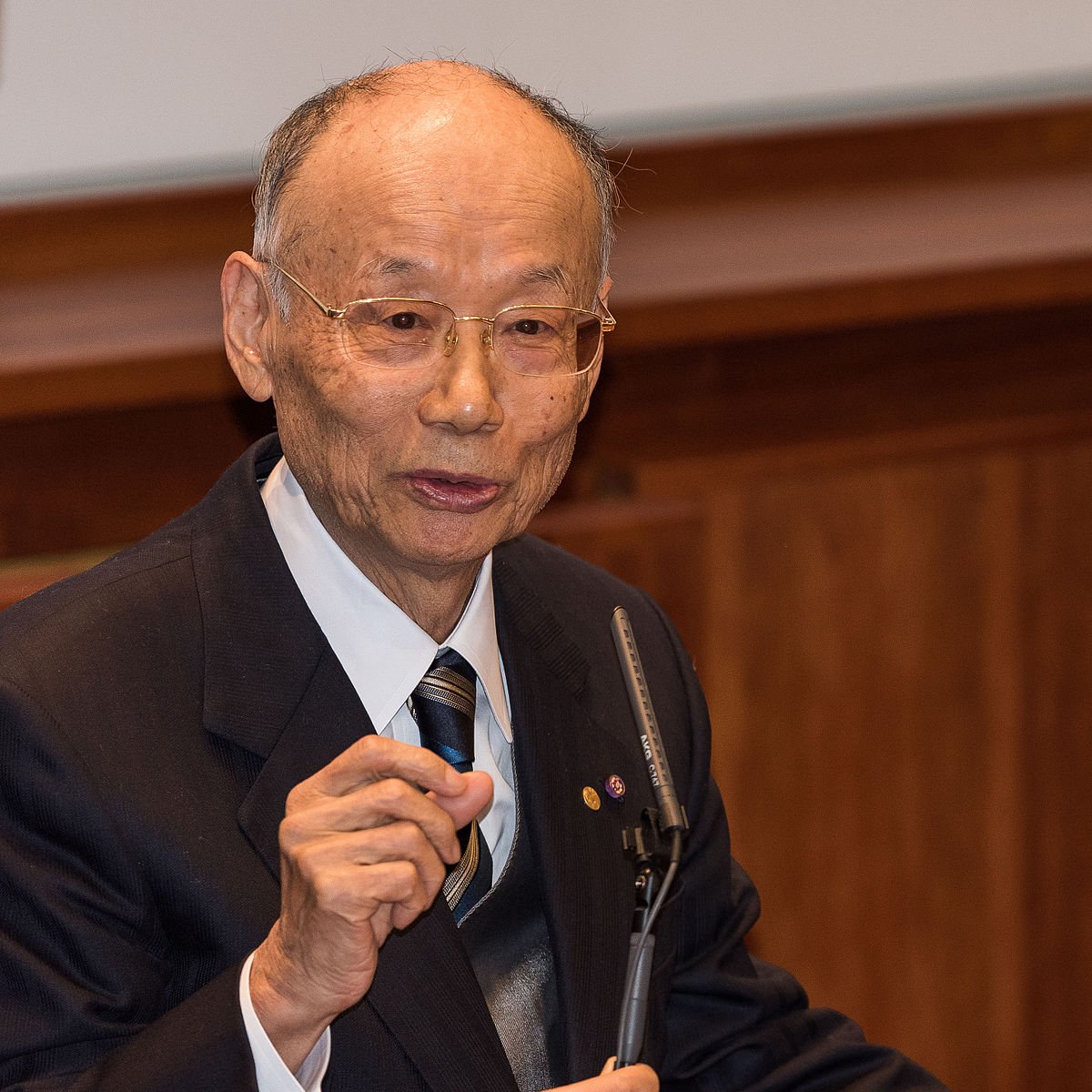
Dr. William C. Campbell also shared the 2015 Nobel for the development of avermectin and ivermectin, drugs that drastically reduced the harm caused parasitic diseases including river blindness and elephantiasis. 17/
en.wikipedia.org/wiki/William_C…
en.wikipedia.org/wiki/William_C…
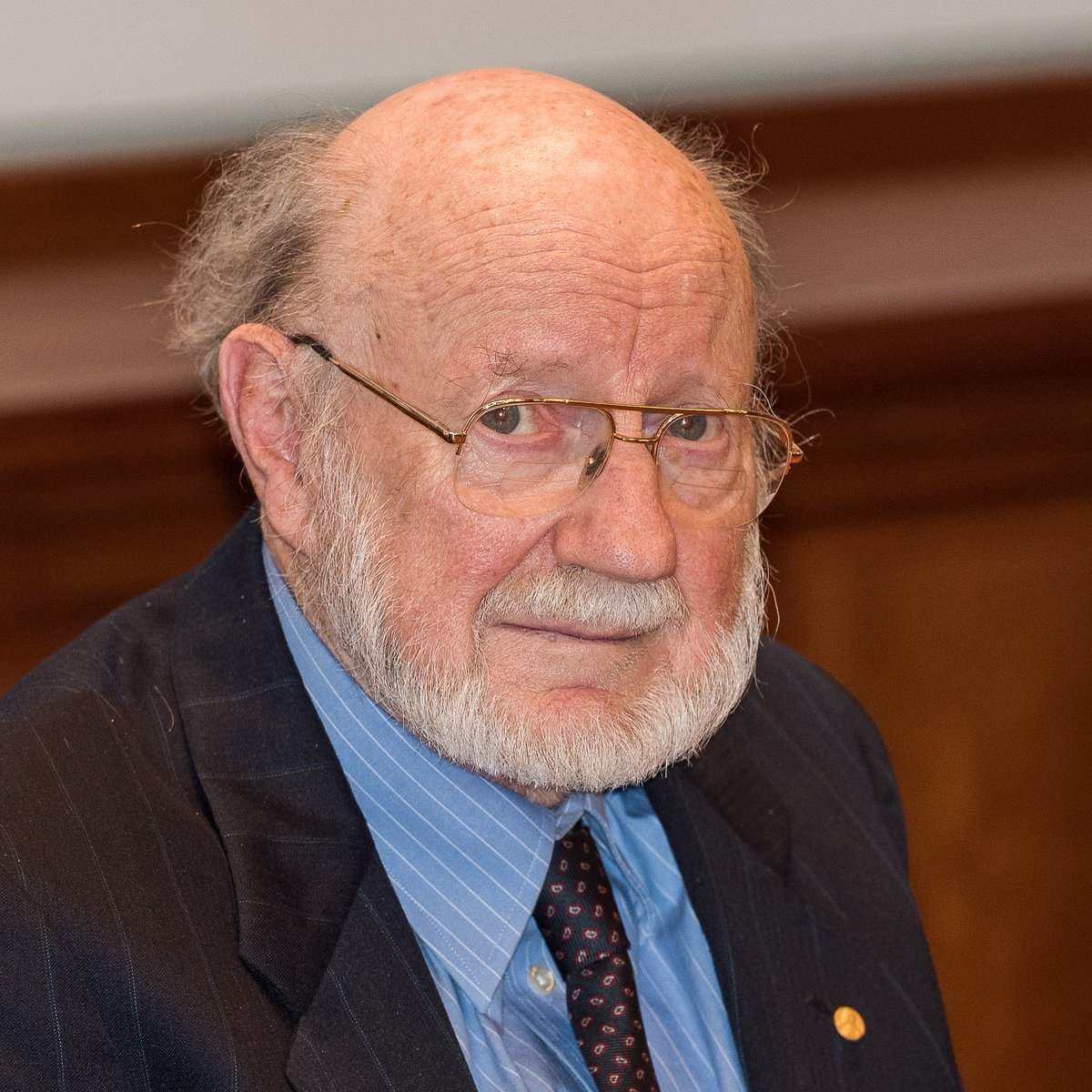
Lastly, Professor Françoise Barré-Sinoussi shared the 2008 Nobel Prize for discovering HIV and helping prove its connection to causing AIDS. 18/
en.wikipedia.org/wiki/Fran%C3%A…
en.wikipedia.org/wiki/Fran%C3%A…
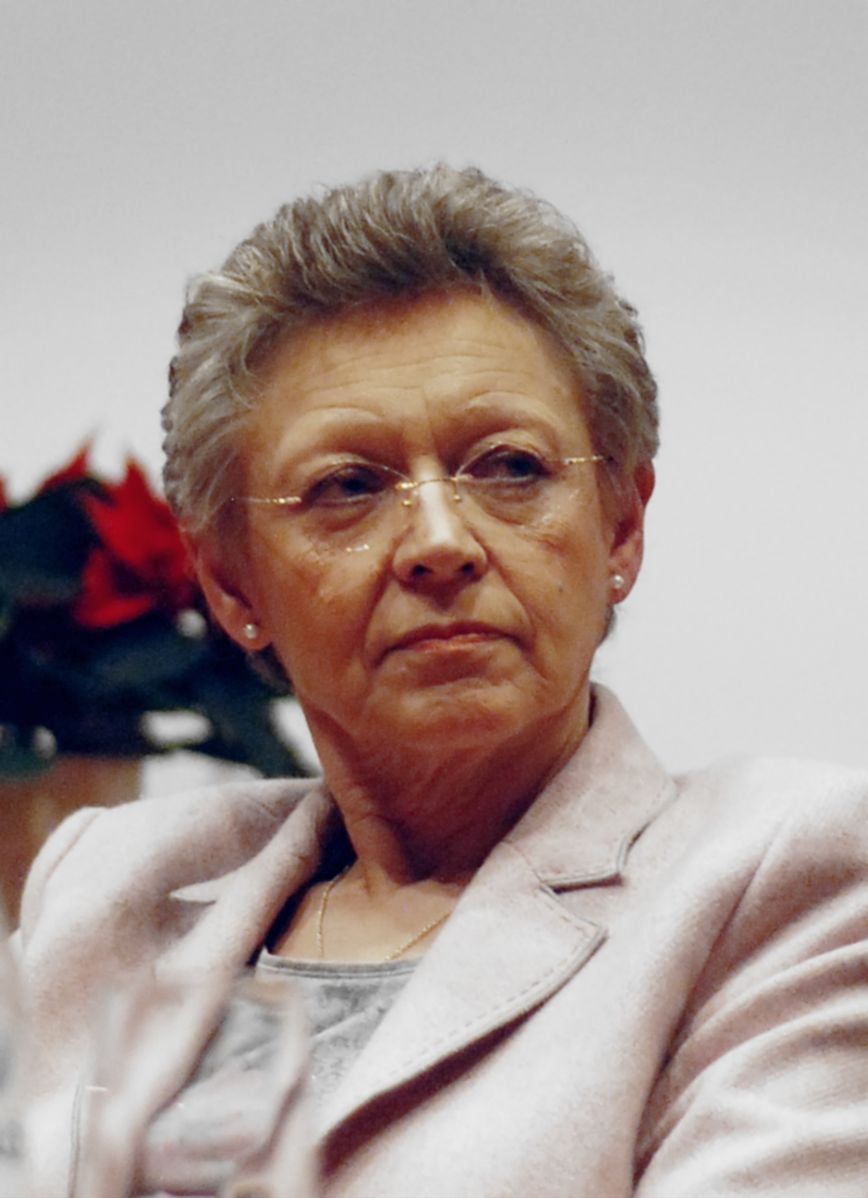
All 12 of these distinguished scientists had somehow been overlooked by the world's largest encyclopedia until after the Swedes got involved and awarded them a Nobel Prize. Obviously, Wikipedia still has room to improve its coverage and recognition of scientists. 19/19
• • •
Missing some Tweet in this thread? You can try to
force a refresh


